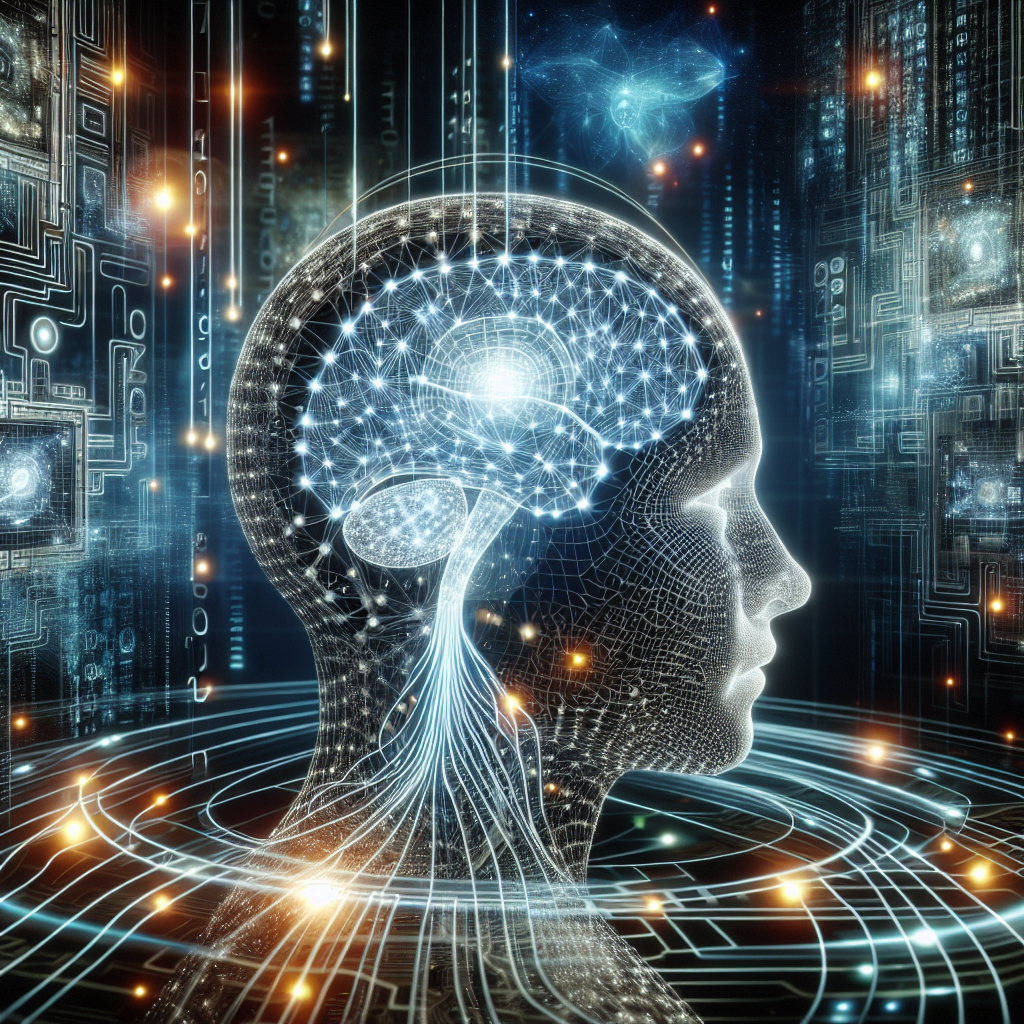Artificial Intelligence Transforming Future Technology
When chess grandmaster Garry Kasparov was beaten by IBM’s Deep Blue in 1997, many viewed it as a turning point—a bold statement that machines were beginning to challenge human intellect. Fast forward to today, and that symbolic match seems quaint compared to the rise of generative AI tools, language models, and autonomous systems that are now redefining almost every industry. Artificial Intelligence transforming future technology is no longer the distant dream of science fiction. It has become our daily reality, revolutionizing fields from healthcare to entertainment and finance to education.
AI’s Rising Role Across Industries
The integration of Artificial Intelligence (AI) into mainstream technology has led to incredible advances in multiple sectors. Not only does this transformation improve efficiency, but it also opens up novel opportunities and sophisticated capabilities previously unimaginable.
Healthcare: A Smarter Diagnosis
In the healthcare sector, AI is enhancing diagnostic precision through advanced imaging recognition, predictive analytics, and personalized treatment plans. Algorithms can now detect diseases like cancer earlier than human doctors in some cases, offering better patient outcomes and reducing healthcare costs.
Finance: Risk Management Reimagined
Financial institutions use AI for fraud detection, risk assessment, and algorithmic trading. Machine learning models identify suspicious behavior patterns in real-time, providing a faster and more secure system for both companies and consumers.
Education: Learning Gets Personal
AI-powered educational tools allow for customized learning experiences. These systems assess each student’s strengths and challenges, providing smart feedback and adaptive lessons that cater to individual needs, paving the way for more inclusive education methodologies.
The Evolution of Generative AI
Generative AI, such as OpenAI’s ChatGPT and Google’s Bard, is changing the way we create and consume content. These tools can generate essays, write code, and even compose music. They are being integrated into industries like marketing, game development, and software engineering, streamlining workflows and boosting creativity.
Ethics and Oversight in an AI-Driven World
With great power comes great responsibility. As AI continues to evolve, conversations around ethics, privacy, and regulatory frameworks are intensifying. Governments and corporations are grappling with questions such as:
- How should AI be trained to avoid biases?
- Who is accountable when AI-driven systems malfunction or cause harm?
- What guardrails must be implemented to protect democracy and human rights?
These concerns underscore the need for robust oversight and responsible innovation. Industry leaders emphasize the importance of creating AI systems that are transparent, explainable, and aligned with human values.
Looking Ahead: A Collaborative Future
The future of AI lies not in replacing humans, but in augmenting human potential. Cross-disciplinary collaboration between data scientists, ethicists, educators, and policymakers is key to ensuring that AI develops in a way that benefits society as a whole.
As highlighted in an insightful article from The Guardian, the AI landscape is swiftly evolving, and staying informed is crucial as we navigate this transformative age.
Conclusion
Artificial Intelligence transforming future technology is not a distant aspiration—it’s happening right now. As AI continues to drive innovation at breakneck speed, embracing its potential while managing its risks will determine how successfully we shape our future. From reshaping industries to revolutionizing personal productivity, AI stands as the most consequential technological advancement of our generation.

